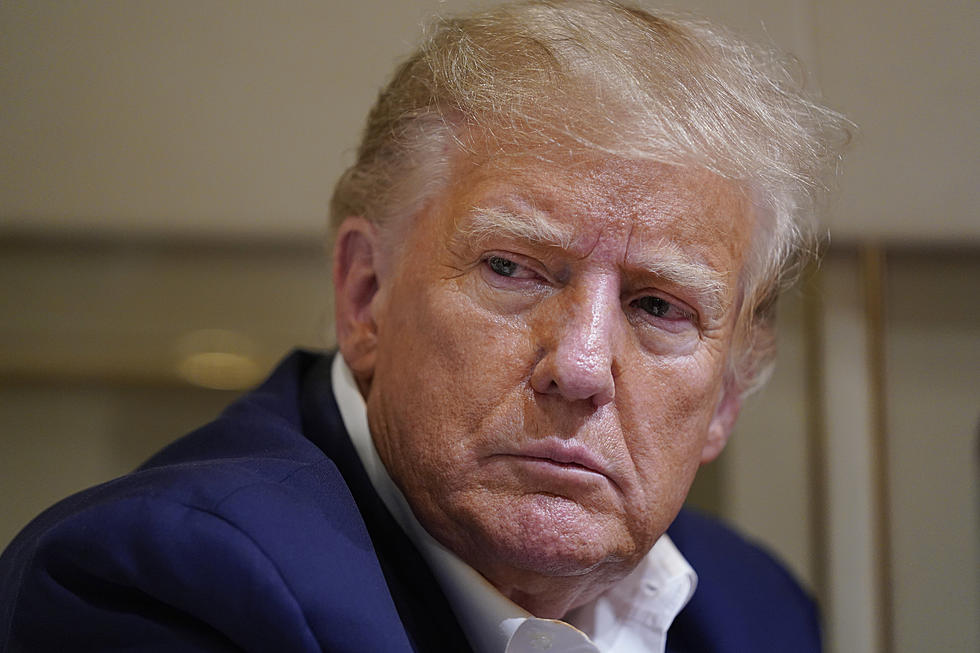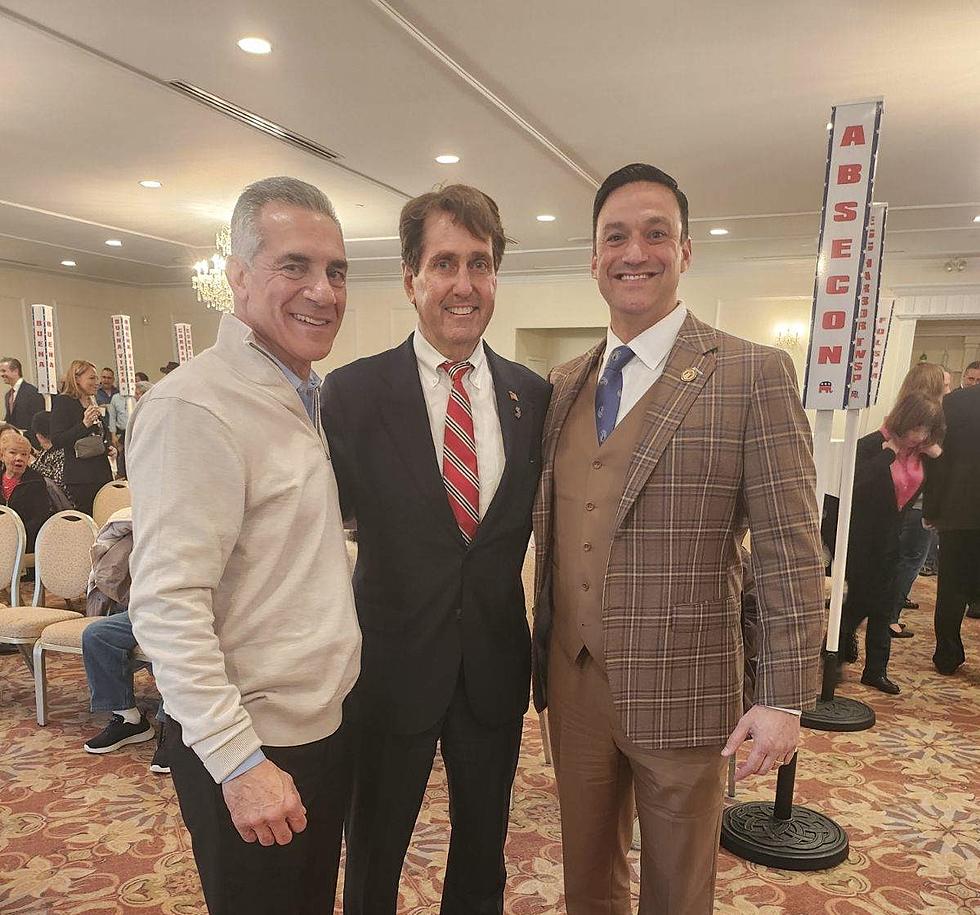
NJ Man Breaks Up With Girlfriend Over Election: Dealing with Political Emotions
There's a lot of post-election fear out there about the deep divisions highlighted during the presidential race that ended Tuesday, and there is concern that we may not heal after all of the divisive rhetoric.
A caller to a local talk show on Wednesday identified himself as "a highly-educated white male from Fort Dix" whose wife was killed a few years ago by a drunk driver who was as immigrant in the country illegally.
"Jack" said it made him a Donald Trump supporter. Jack also said that he had been seeing a woman that he described as a "working class female" who was also a huge Hillary Clinton supporter. He said he broke up with her the morning after Election Day after arguing over the results.
Morristown psychologist Steven Tobias says it is important to recognize this post-election angst about the new president and where he's going. But Tobias says supporters and opponents must also realize "that we can disagree in a civil way."
"I think that it is the fear of the unknown," he said. "I do think that Trump is not a known quantity. He said a lot of conflicting things; he does not have experience in government. So we are not really sure about what he is going to do or what he is actually going to be able to follow through with."
But countering that, Tobias also suggests that there are checks and balances still in place to keep any one person from going too far.
Rutgers sociologist Deborah Carr says reconciliation will be hard for some who disagreed deeply over Trump or Clinton.
"We have no choice but to pull together as a nation," she said. "Some people will just have to hold their nose and do it, whether it is individuals or school classmates or members of Congress, we need a united front as Americans."
Carr says whatever people can do to keep emotions out of dealing with those who are politically at odds with them, and to keep personal insults out of it, is the most productive way to go.
More From WPG Talk Radio 95.5 FM










